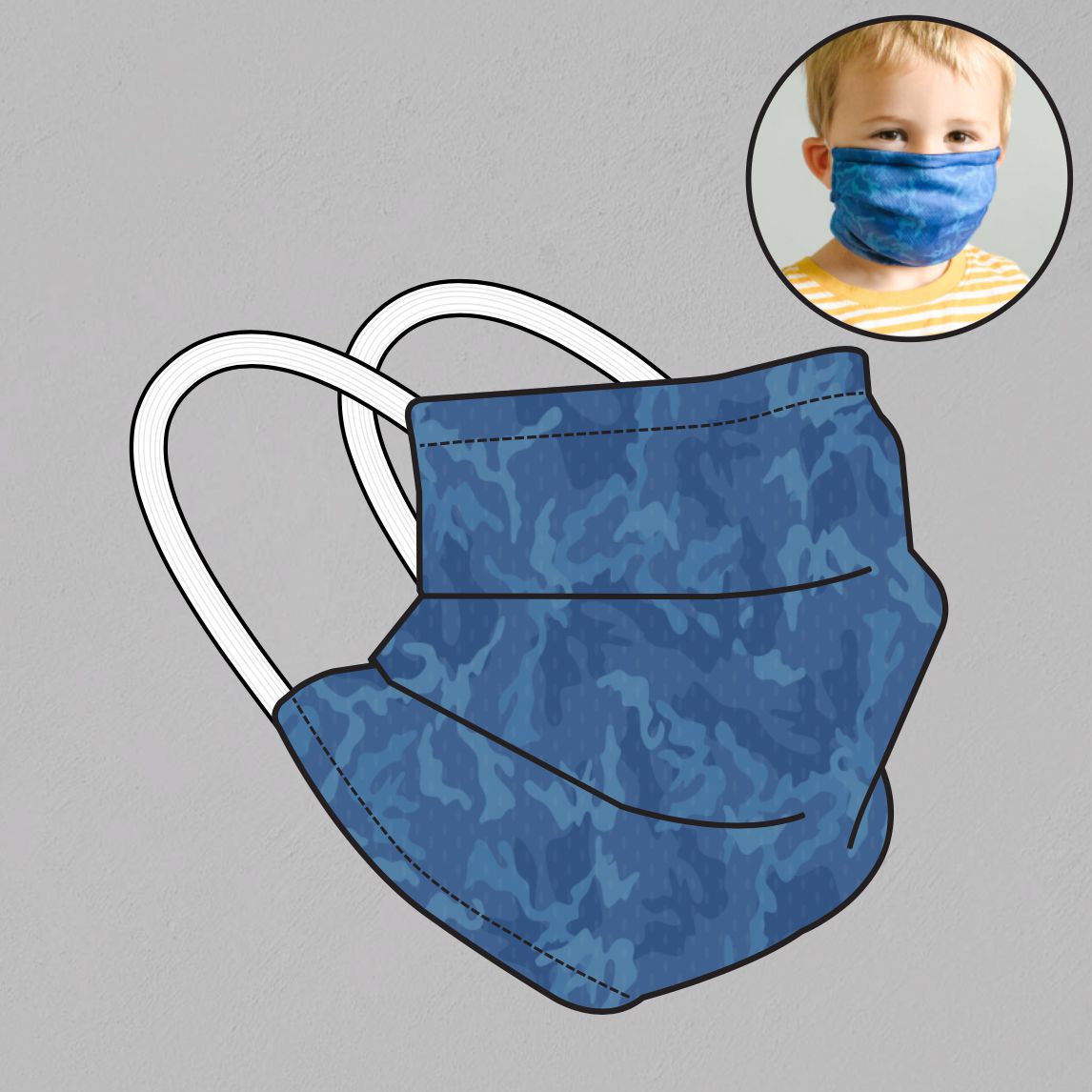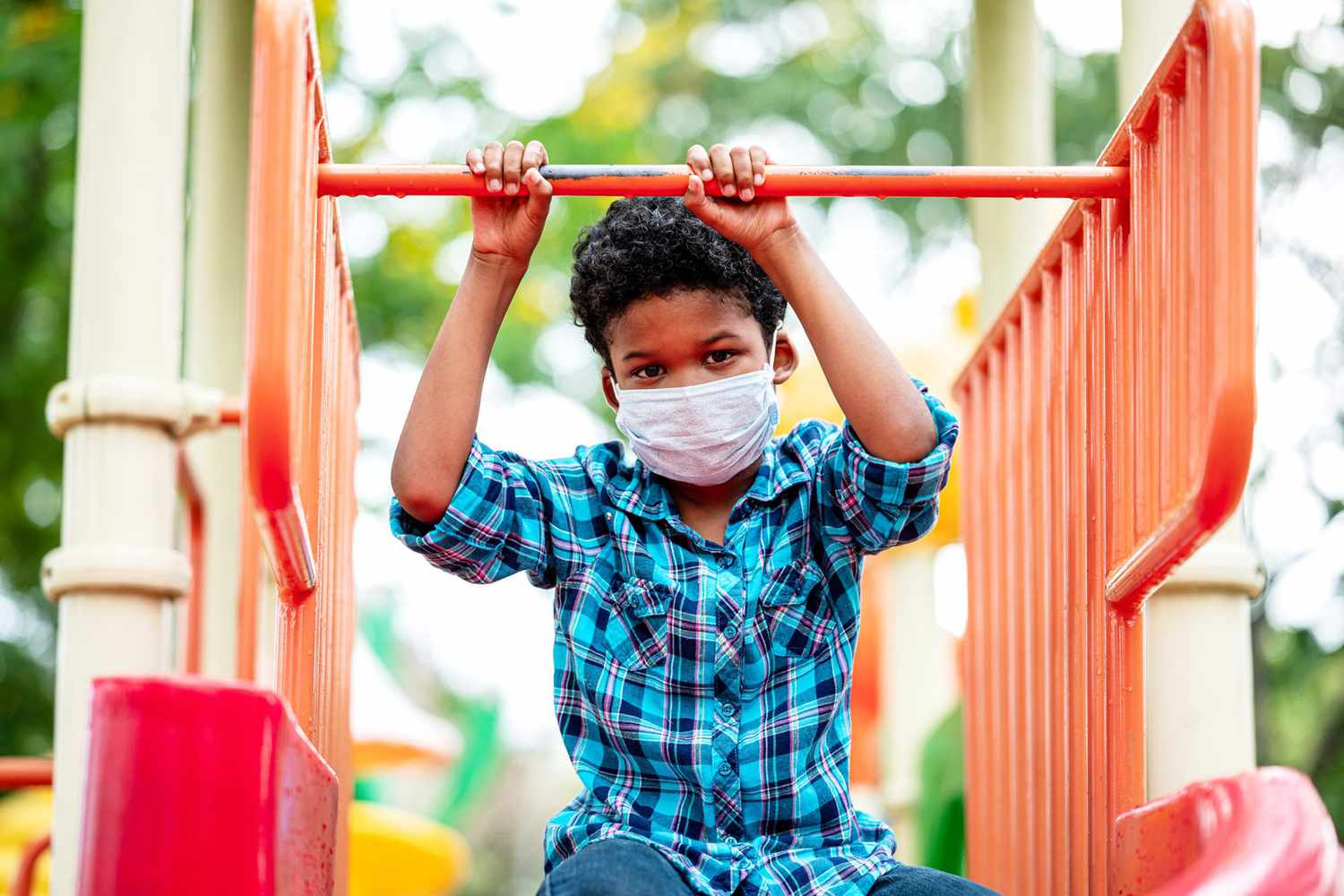It's important to remember that while most children older than 2 can wear masks, there are exceptions. The AAP says that "special precautions may be needed" for kids "with severe cognitive or respiratory impairments," who may have difficulty with wearing a mask. They also point out that "children who are considered high-risk or severely immunocompromised are encouraged to wear an N95 mask for protection" as opposed to a simple cloth mask.
"Staying home and physical distancing is still the best way to protect your family from COVID-19. Especially for younger children who may not understand why they can't run up toward other people or touch things they shouldn't, it's best to keep them home," the group says. "Children who are sick (fever, cough, congestion, runny nose, diarrhea, or vomiting) should not leave home."
At the end of the day, "Most children enjoy the chance to feel morally superior to adults (and adults often make this all too easy)," Klass joked in her Times piece. "Go ahead and encourage a little righteousness. Remind them that they're smarter than these grown-ups who are not protecting others and not protecting themselves; masks do both."
As information about the coronavirus pandemic rapidly changes, PEOPLE is committed to providing the most recent data in our coverage. Some of the information in this story may have changed after publication. For the latest on COVID-19, readers are encouraged to use online resources from CDC, WHO, and local public health departments. PEOPLE has partnered with GoFundMe to raise money for the COVID-19 Relief Fund, a GoFundMe.org fundraiser to support everything from frontline responders to families in need, as well as organizations helping communities. For more information or to donate, click here.
Source: Read Full Article



